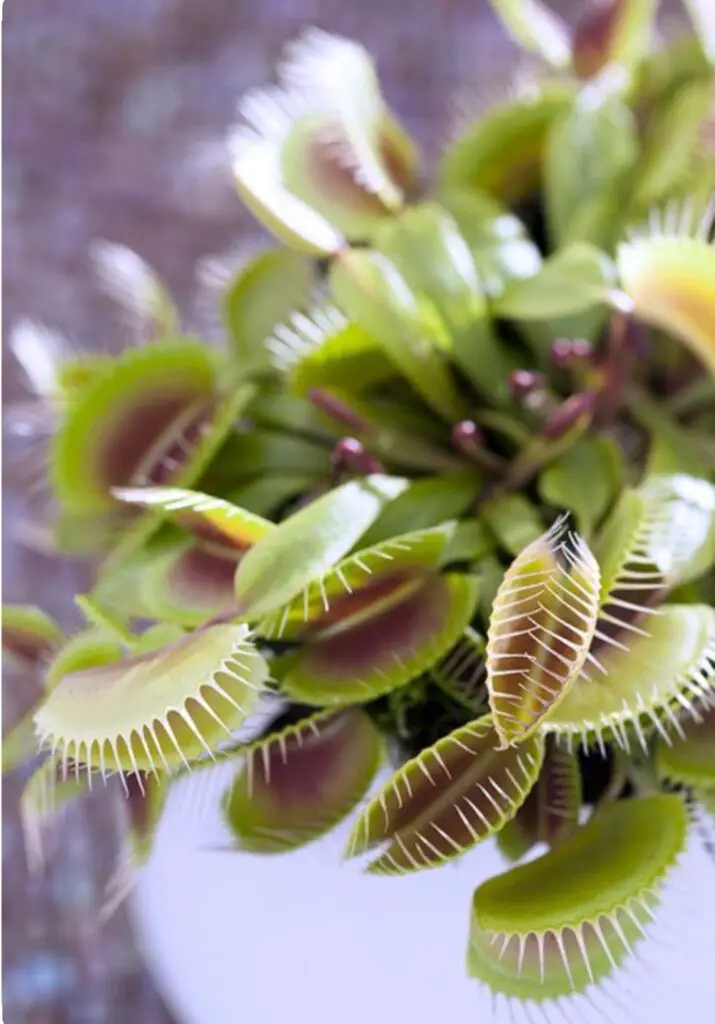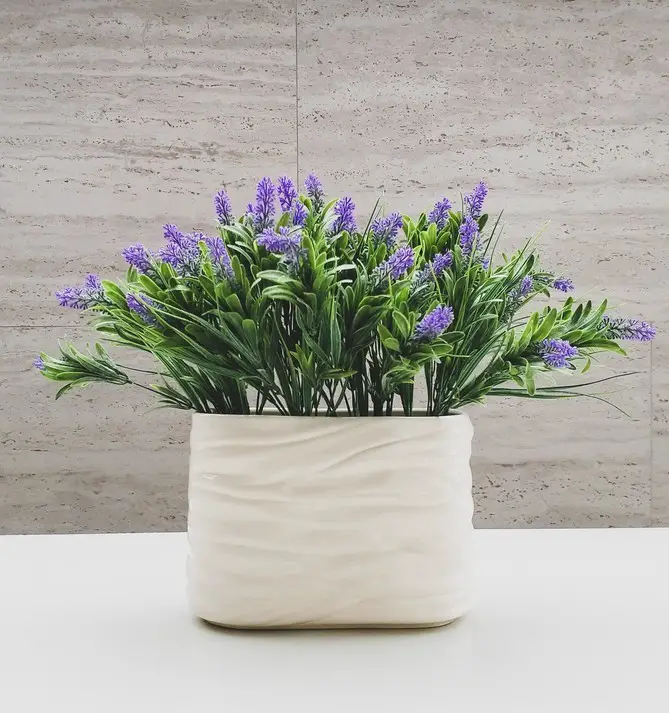Are you tired of battling pests in your garden and resorting to harsh chemical pesticides? Companion planting for pest control might just be the solution you need. This natural organic gardening method involves planting specific plants together to enhance their growth and productivity while also benefiting the surrounding plants.
In this article, we’ll explore the benefits of companion planting for pest control and provide you with the best plant combinations to prevent common garden pests.
Why Choose Companion Planting for Pest Control?
Companion planting for pest control is a sustainable and eco-friendly way to keep pests under control without harming beneficial insects or the environment. Chemical pesticides can harm the soil and reduce the population of beneficial insects like bees and ladybugs, which are essential to maintaining a healthy garden ecosystem.
Read more: What Is Root Rot, Causes, Treatments, & How to Prevent It
Companion planting provides a natural and effective alternative by attracting beneficial insects and repelling pests with natural scents and properties. That being said, here are the main, and most important, benefits of companion planting:
1. Repel pests
Certain plants have natural repellent properties that can deter pests from attacking nearby plants.
2. Attract beneficial insects
Companion planting can also attract beneficial insects, such as ladybugs and lacewings, which eat common garden pests like aphids and caterpillars.
3. Improve soil quality
Companion plants can improve soil quality by adding nutrients and breaking up compacted soil.
The Best Plant Combinations for Pest Control
Now that we know the benefits of natural pest control, let’s explore some of the best plant combinations for keeping common garden pests at bay.
1. Marigolds and Tomatoes
When you’re planting tomatoes, you might consider planting marigolds alongside them. That is because marigolds contain natural insect-repelling properties that can deter pests like nematodes and whiteflies from attacking nearby tomato plants.
2. Nasturtiums and Cucumbers
Aphids are truly a pain once they infest our beloved plants. A plant that would be the perfect companion for planting cucumbers is nasturtiums. Nasturtiums attract aphids, which can help keep them away from cucumber plants.
Additionally, nasturtiums have a peppery taste that can deter cucumber beetles.

3. Basil and Tomatoes
Another great companion plant for tomatoes is basil. Basil can repel tomato hornworms and whiteflies while improving the flavor of nearby tomatoes. Yes! Basil is that powerful. Additionally, you can benefit from it as a separate herb to include in your cooking or tea.

You always win with planting basil since it is a great pest and insect repellent and full of health benefits. Basil is a low-maintenance plant and is very easy to grow. There is no excuse to decide not to plant it in your garden.
Read more: How to Harvest & Care for Lemon Basil
4. Mint and Cabbage
Mint is absolutely a wonderful herb. It is a natural repellent for cabbage moths, which can damage cabbage plants. I wrote an entire article about why you should plant mints whether in your garden or inside your home. You can click here to read all about it
5. Chives and Carrots
When planting carrots, planting chives would be a great choice. Because chives can repel carrot flies, which can damage carrot plants. Additionally, chives are just fancy, so here’s your excuse to plant this amazing herb.
How to Implement Companion Planting for Pest Control
To implement companion planting for pest control in your garden, consider the specific pests you’re dealing with and which plants are known to repel them. Research which plants work well together and which ones don’t, as some plants can have negative effects on their neighbors.
Be sure to plant repellent plants alongside the crops they are meant to protect, as some plants can have negative effects on their neighbors.
Conclusion
Companion planting for pest control is a natural and effective way to keep pests at bay and maintain a healthy garden ecosystem. By using the right plant combinations, you can reduce your reliance on chemical pesticides and attract beneficial insects to your garden. Start implementing companion planting in your garden today and watch it thrive without the use of harmful pesticides.
If you found this information helpful, please join our weekly free newsletter and follow our socials




